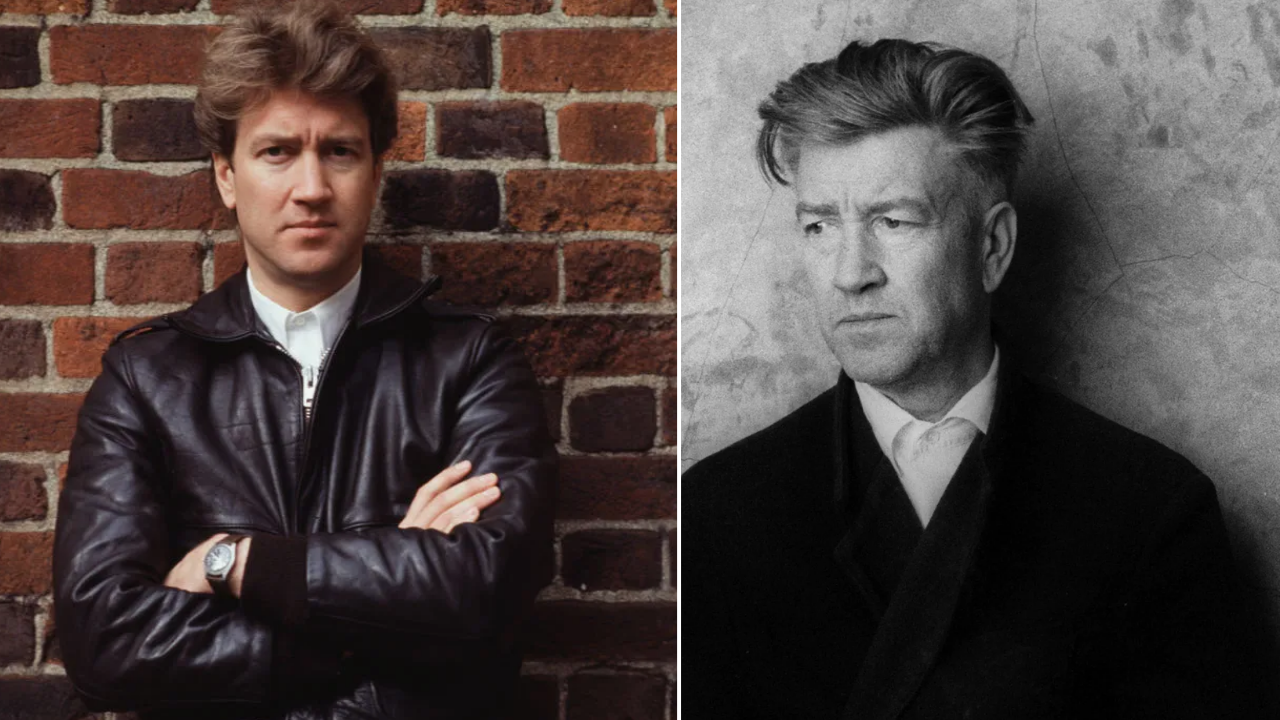
Director-writer David Lynch, who radicalized American film with with a dark, surrealistic artistic vision in films like “Blue Velvet” and “Mulholland Drive” and network television with “Twin Peaks,” has died. He was 78.
Lynch revealed in 2024 that he had been diagnosed with emphysema after a lifetime of smoking, and would likely not be able to leave his house to direct any longer. His family announced his death in a Facebook post, writing, “There’s a big hole in the world now that he’s no longer with us. But, as he would say, ‘Keep your eye on the donut and not on the hole.’”
The “Twin Peaks” TV show and films such as “Blue Velvet,” “Lost Highway” and “Mulholland Drive” melded elements of horror, film noir, the whodunit and classical European surrealism. Lynch wove tales, not unlike those of his Spanish predecessor Luis Bunuel, which proceeded with their own impenetrable logic.

A four-time Oscar nominee, Lynch received an honorary Oscar for lifetime achievement in 2020.
After years spent as a painter and a maker of short animated and live action films, Lynch burst onto the scene with his 1977 feature debut “Eraserhead,” a horrific, black-humored work that became a disturbing fixture on the midnight movie circuit. His outré and uncompromising style quickly won the attention of the Hollywood and international movie-making establishment.

He was hired by Mel Brooks’ production company to write and direct “The Elephant Man,” a deeply affecting drama about a horrifically deformed sideshow freak in Victorian England who became a national celebrity. The feature captured eight Academy Award nominations, including Lynch’s first for best director.
He found less success with his 1984 adaptation of Frank Herbert’s sprawling science fiction novel “Dune.” The production, made on a budget of $40 million during an arduous three-year shoot, was a colossal box office flop.
However, Lynch rebounded from the disaster with two films that defined his mature style: “Blue Velvet” (1986), a frightening hellride through the psychosexual underbelly of a small American town, and the sexed-up, violent road movie “Wild at Heart” (1990), which was honored with the Cannes Film Festival’s Palme d’Or.

In 1990, he revolutionized American episodic TV with “Twin Peaks,” a series he created with writer Mark Frost. With action springing from the investigation of a high school girl’s mysterious murder in a Washington lumber mill town, the weekly ABC show plumbed disquieting, theretofore taboo subject matter and made the inexplicable a fixture of modern narrative television.
A major hit in its first season, “Twin Peaks” lost its momentum and ultimately its audience in year two. However, it spawned a feature-length prequel, 1992’s over-the-top “Twin Peaks: Fire Walk With Me”; 25 years later, the ongoing affection of a loyal cult of viewers sparked a limited-run third season for Showtime that picked up where the second season left off.
Later in his career, in such features as “Lost Highway” (1997), “Mulholland Drive” (which won him the best director award at Cannes in 2001) and “Inland Empire” (2006), Lynch flexed a super-heated style that pivoted on plots emphasizing doubled personalities, unexplained transformations and shocking acts of violence. The quiet yet quirky “The Straight Story” (1999) harkened back to the more reserved emotional pull of “The Elephant Man.”The director himself was consistently reticent about sorting the meaning of his work for his viewers. In the book-length collection of interviews “Lynch On Lynch” (2005), he addressed the enigmatic core of his work with writer Chris Rodley.

“Well,” Lynch said, “imagine if you did find a book of riddles, and you could start unraveling them, but they were really complicated. Mysteries would become apparent and thrill you. We all find this book of riddles and it’s just what’s going on. And you can figure them out. The problem is, you figure them out inside yourself, and even if you told somebody, they wouldn’t believe you or understand it in the same way you do.”
In addition to his honorary Oscar, Lynch’s one-of-a-kind career was acknowledged by a special award (shared with his frequent star Laura Dern) at the 2007 Independent Spirit Awards and a Golden Lion at the 2006 Venice Film Festival.
He was born Jan. 20, 1946, in Missoula, Montana. His father was a research scientist for the Department of Agriculture, and his peripatetic family lived in the plains states, the Pacific Northwest and the Southeast before settling in Alexandria, Virginia, where Lynch attended high school.
An indifferent student, Lynch focused on painting. A one-year stay at the School of the Museum of Fine Arts in Boston and an abortive trip to Europe with his friend Jack Fisk (later a noted Hollywood production designer) were succeeded by his enrollment at Philadelphia’s Pennsylvania Academy of Fine Arts in 1965.






